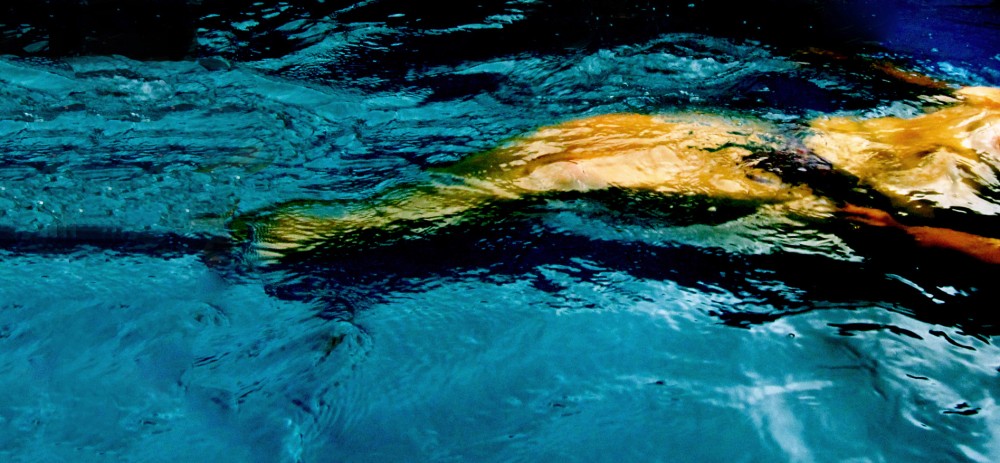Over thirty years ago my brother-in-law Glyn, in partnership with his Welsh friend Emlyn, set up what is now a highly successful English language school in Brest, Brittany. Needless to say, the two friends have countless tales to tell about their comical experiences with novice English speakers at “English Apart”. During Glyn’s recent visit to his homeland he regaled us with many of his amusing stories about the early days when they first set up the school, and misunderstandings and difficulties his French students encountered when suddenly finding themselves in a purely English-speaking environment.
The first home of “English Apart” was a fourth floor apartment with no lift and no furniture, hence every item of furniture had to be taken up manually by the poor teachers who could not afford the services of hired hands. They bought two identical bookcases from a second-hand shop (not to be confused with ‘hired hands’) in walking distance from the new school; however, Emlyn was – and still is – a man of small stature with a dislike for humping furniture through the streets of Brest. Even worse, the roads to their building were steep and then they had to go up again – the several flights of stairs to the top. Every so often the pair (in a fashion not dissimilar to Laurel and Hardy) had to drop the onerous bookcase and have a rest before continuing on.
At last the first bookcase was nearly at its new home. There was a garage across the road and the two English-speaking comics put down their heavy load beside one of the petrol pumps.
“La Remplir!”, they said. (That’s “Fill her up” in English – hopefully!)
No doubt the old proprietor was vastly amused by the antics of the strangers. He may have been even more amused, or perhaps non-plussed, when an hour later the pair appeared again with the identical second bookcase.
“Nous ne pouvions pas trouver un endroit pour se garer!” Glyn said. (We couldn’t find anywhere to park!”)
Typical Glyn. And did you know that French people have great difficulty in pronouncing the “th” sound in English language. One day, after lunch, Glyn noticed that one of his students had a very obvious problem with some food stuck between his teeth.
“Would you like a toothpick?” Glyn asked the pupil.
“Yes,” the French businessman nodded and smiled apologetically, “it is very difficult to thpeak English!”
I’m afraid that I said something very silly but hilarious on the last night of the French contingent’s visit. I’d like to be able to say that it was deliberate, for the sake of humour, but it wasn’t. Glyn was relating a funny story to a captivated audience of family and friends when he turned to me and asked:
“What is ice in French?”
Now for some reason I didn’t even consider the question seriously (perhaps I was tired – yes, that’s it!) and the word “glace” (or de la glace) never entered my head; instead I said the first thing that came into my head.
“Eeece,” I said.
“That’s funnier than my story,” Glyn replied and we were all in stitches.
Somehow, I have this terrible feeling that my faux pas will go down in history. The tale will be embellished and retold, and soon all the people in Brittany will know what a fool I am; or maybe they’ll realise that it’s sometimes quite difficult to thpeak French.
















